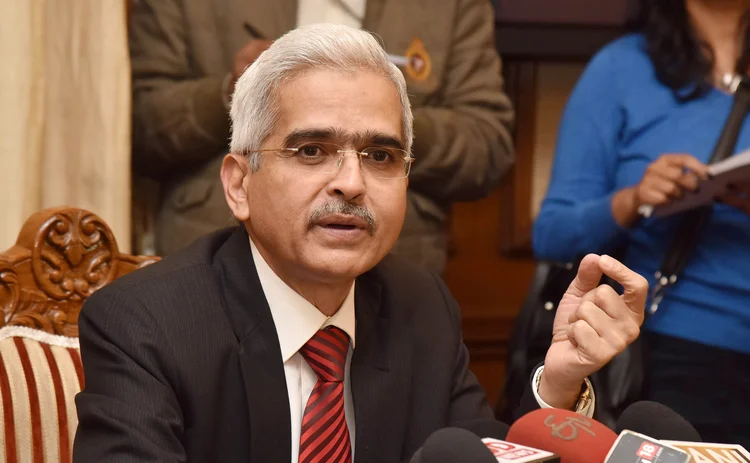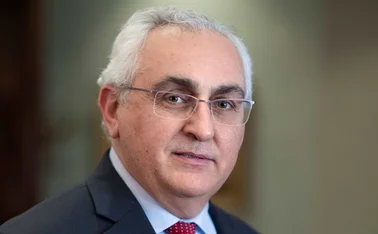
Indian government reappoints Das as governor
Das gets new three-year term, as economy rebounds from Covid shock

The Indian government renewed Shaktikanta Das’s term as governor of the Reserve Bank of India today (October 29), giving him three more years at the head of the central bank.
The decision hints at the government’s confidence in Das’s leadership style. It comes after a period in which the RBI conducted extraordinary operations in support of the economy and acted to underpin the government’s major borrowing programme.
The RBI confirmed the reappointment in a short statement, saying the central
Only users who have a paid subscription or are part of a corporate subscription are able to print or copy content.
To access these options, along with all other subscription benefits, please contact info@centralbanking.com or view our subscription options here: subscriptions.centralbanking.com/subscribe
You are currently unable to print this content. Please contact info@centralbanking.com to find out more.
You are currently unable to copy this content. Please contact info@centralbanking.com to find out more.
Copyright Infopro Digital Limited. All rights reserved.
As outlined in our terms and conditions, https://www.infopro-digital.com/terms-and-conditions/subscriptions/ (point 2.4), printing is limited to a single copy.
If you would like to purchase additional rights please email info@centralbanking.com test test test
Copyright Infopro Digital Limited. All rights reserved.
You may share this content using our article tools. As outlined in our terms and conditions, https://www.infopro-digital.com/terms-and-conditions/subscriptions/ (clause 2.4), an Authorised User may only make one copy of the materials for their own personal use. You must also comply with the restrictions in clause 2.5.
If you would like to purchase additional rights please email info@centralbanking.com test test test







